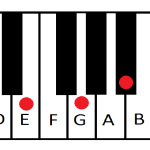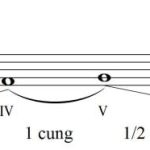Question 124: Pursuant to Article 42 of the Labor Code, Employers must accept Employees back to work if they unilaterally terminate LCs against labour law. So, if Employers no longer have the jobs as agreed in LCs and the two parties cannot agree on new jobs with new salaries, what can Employers do in this situation?
Pursuant to Article 42.2 of the Labor Code, if there is no longer the positions or the jobs as agreed in LCs but Employees still wish to work, in addition to the compensation as regulated, the two parties will negotiate to amend or supplement the LCs. Otherwise, the parties will continue to execute the signed…

















